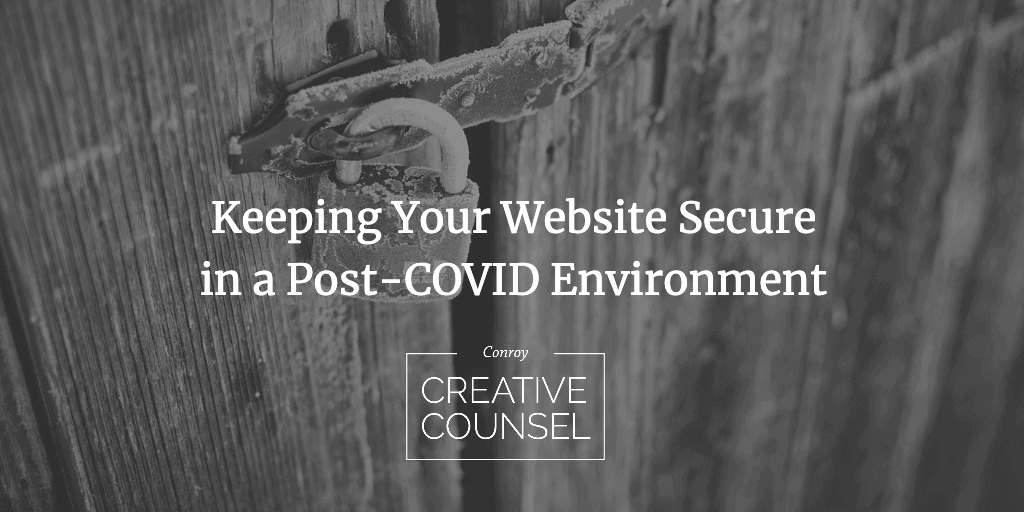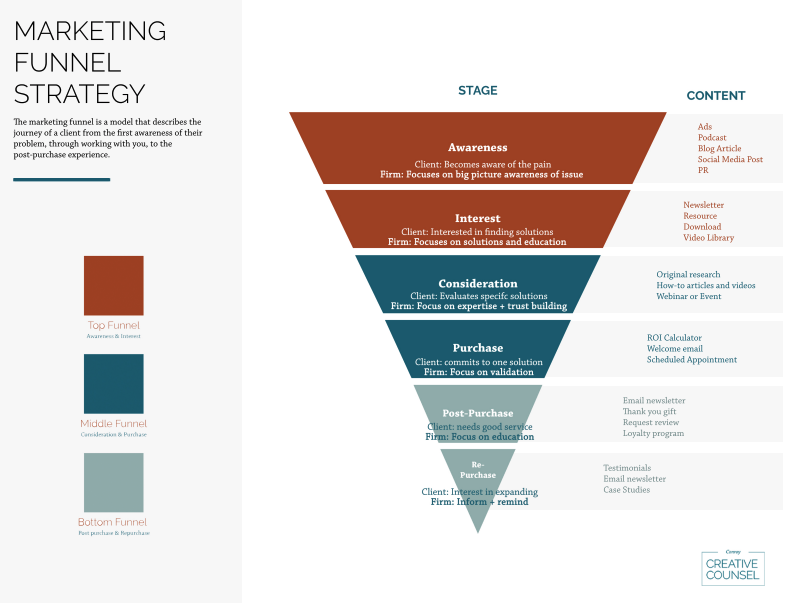Having a strong, secure online presence is always important for law firms, but especially so in this post-COVID world, in which business is being conducted primarily online. Your website serves as the primary vehicle through which you will interact with your clients, so it is important you take all necessary steps to secure it so there is no risk of a data breach or other attack.
Even small businesses and firms are targeted by bad actors, so website security should always be a priority. Here are just a few of the steps you should take to secure your website in post-COVID.
Become SSL verified
SSL stands for “Secure Sockets Layer,” a type of encryption technology that creates an encrypted link between the web server and the visitor’s browser. In getting an SSL certificate for your website, this means you will have extra protections to ensure a more secure connection between visitors and the website without any outside interference or attacks.
HTTPS redirection
Next, you should set up a redirect to HTTPS, rather than HTTP. This means your website will be https://yourdomain.com, rather than http://yourdomain.com. This is a Secure HyperText Transfer Protocol that creates a more secure connection between a browser and the web server, protecting users from potential attacks that could result in compromised personal information.
Firewalls
Set up firewalls around your network. Firewalls are designed to identify the source and destination of all communication sessions, such as any time you request to visit a web page online. The firewall protects against any suspicious or unverifiable addresses, and acts as the first line of defense between a computer and the internet.
Hide administrative directories
One common way data breaches occur is when hackers are able to access admin directories for a website. Hackers will use scripts to attempt to scan all directories located on your server to target admin folders that will give them the most access. Therefore, you should make sure you obscure your admin folders. Don’t use names like “admin,” and instead use innocuous titles that have meaning to you but not to outsiders. This will make it much harder for potential attackers to find your admin folders and gain access.
Backups
Make backup copies of all important files and data. In the event something happens to your website, you will easily be able to restore it to its previous condition.
Work with professionals
If you do not have the knowledge or inclination to handle your own website security, it makes sense to work with a third-party IT company that will be able to manage data and your website secure in post-COVID.
Post originally appeared at Attorney at Law Magazine.












